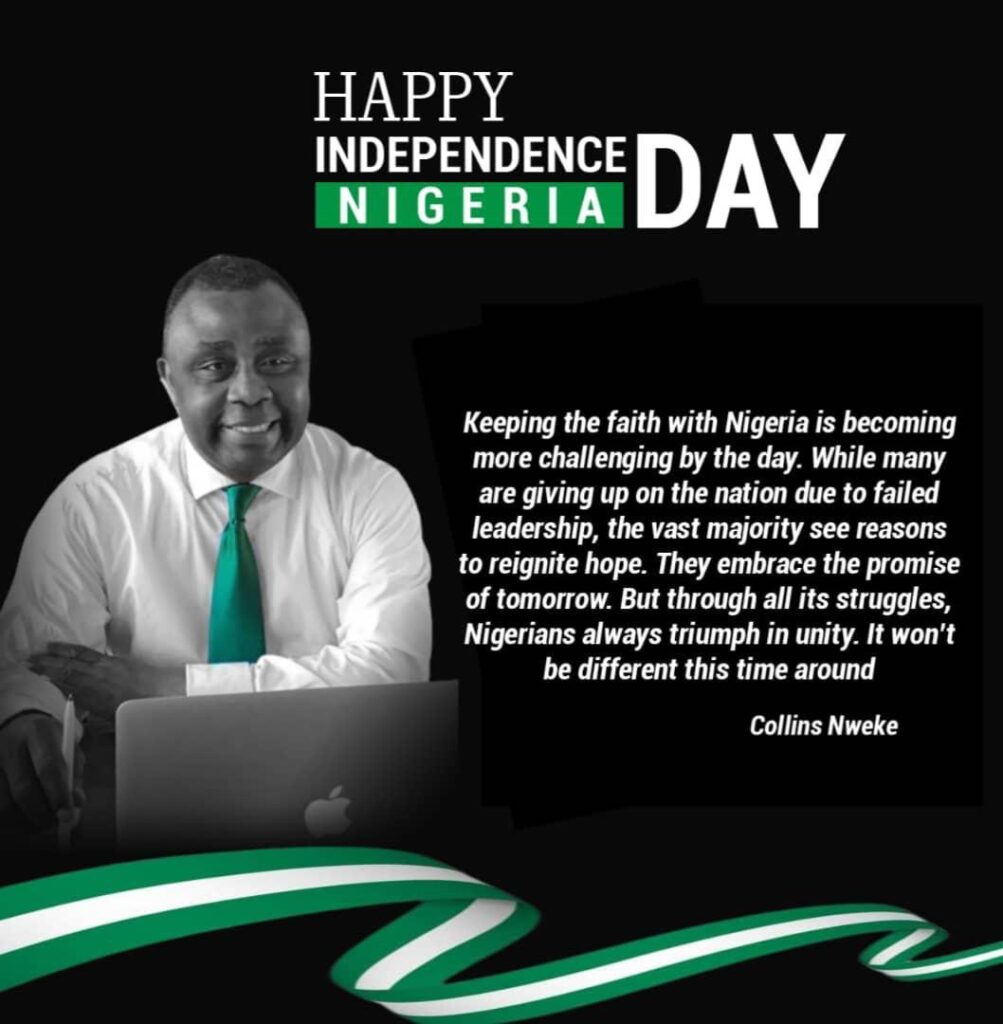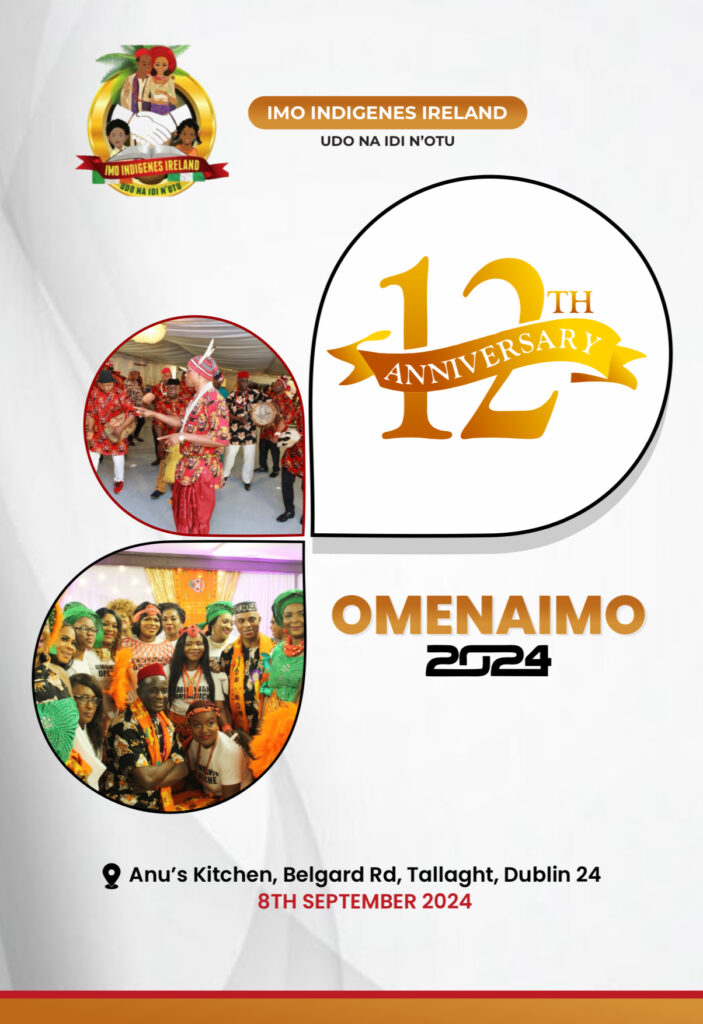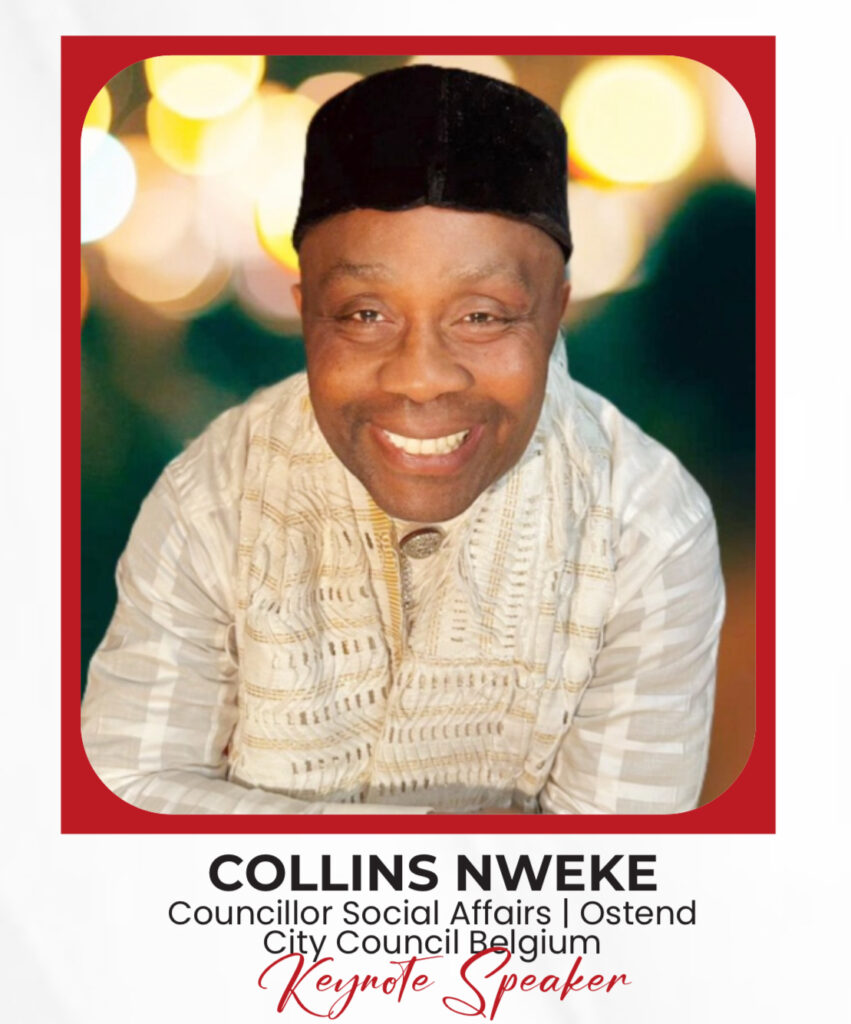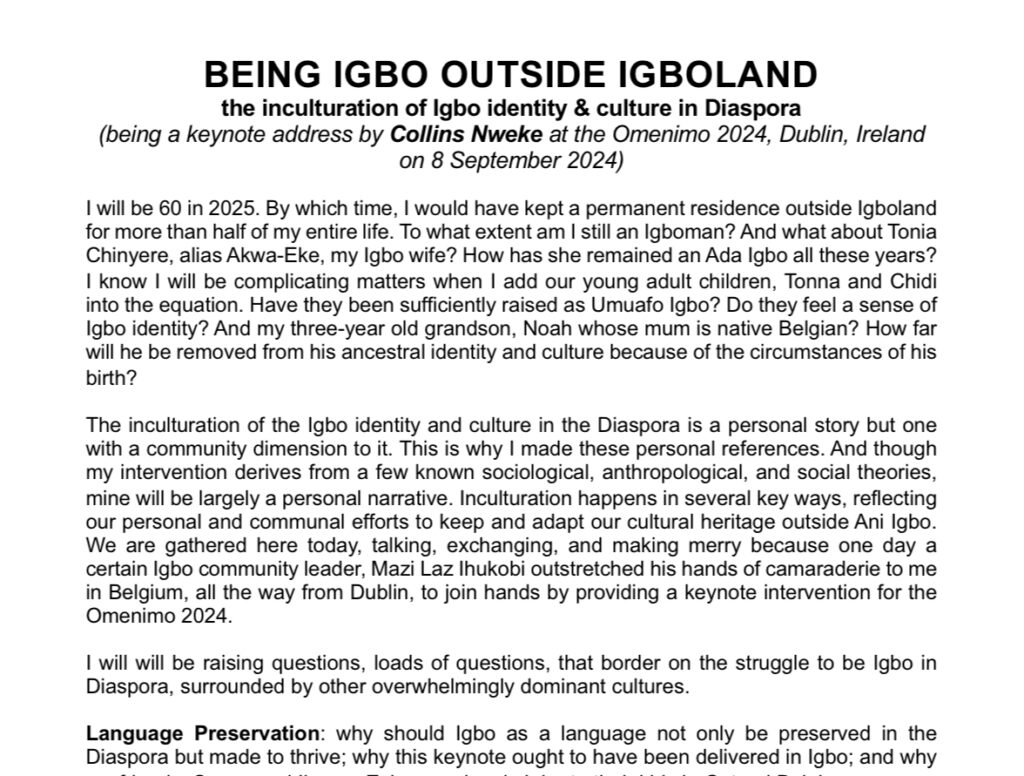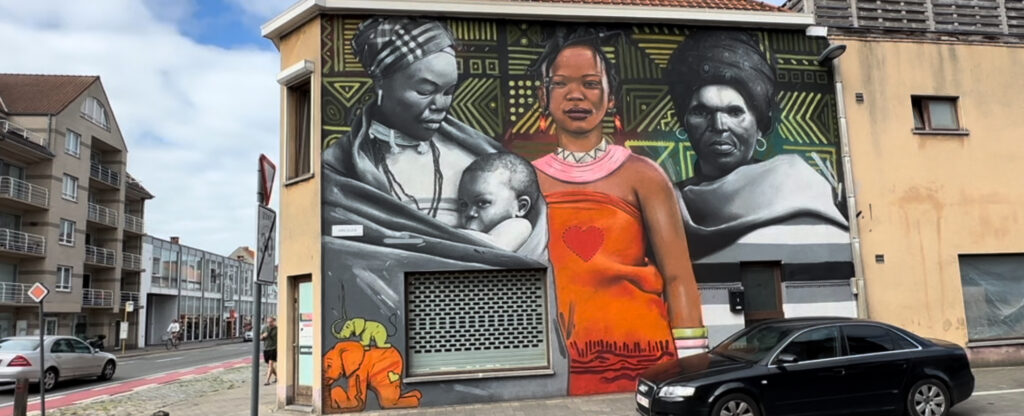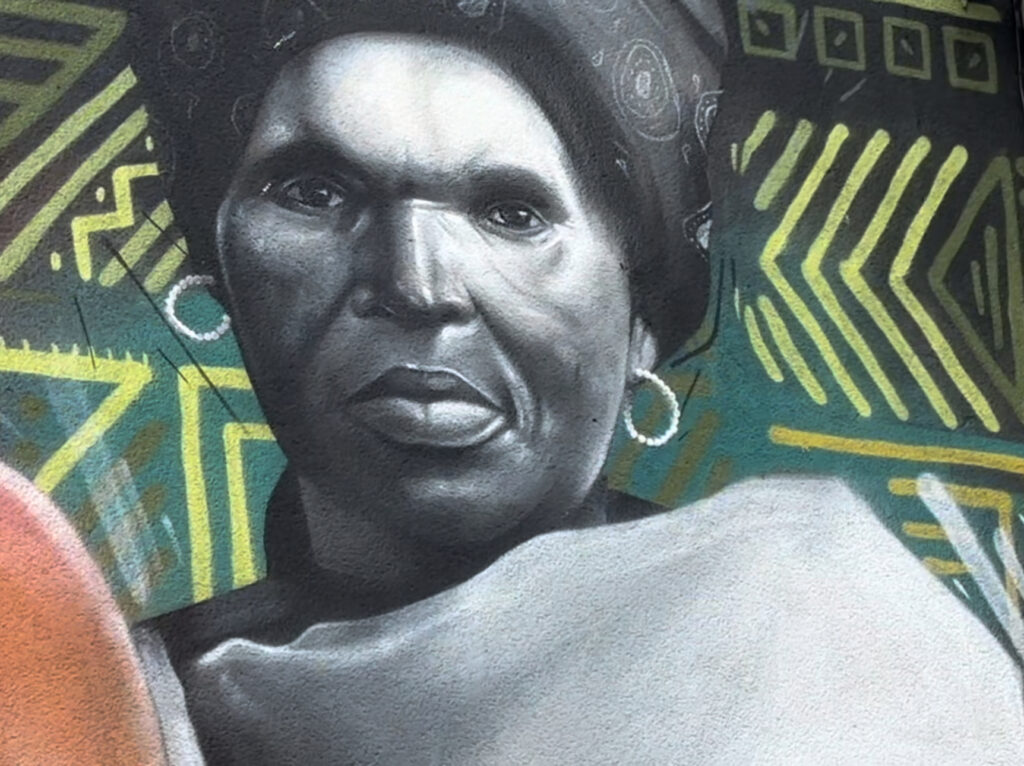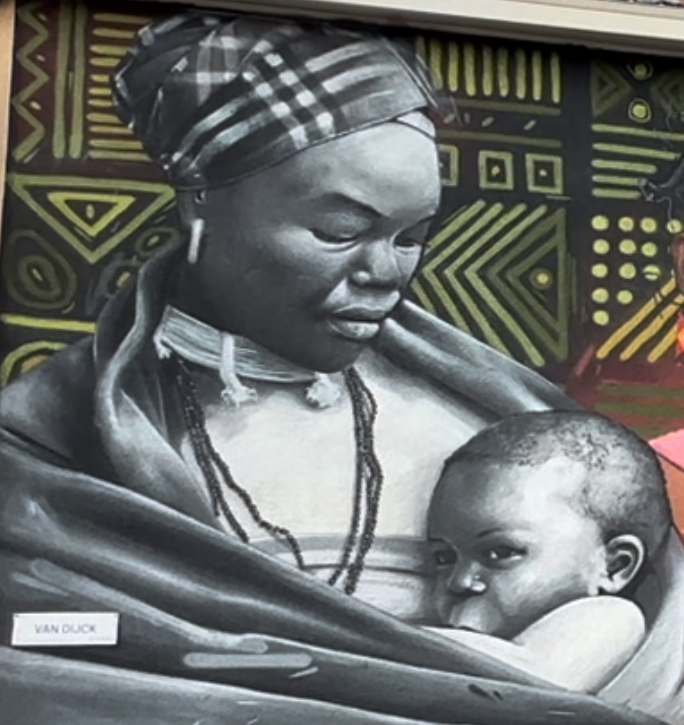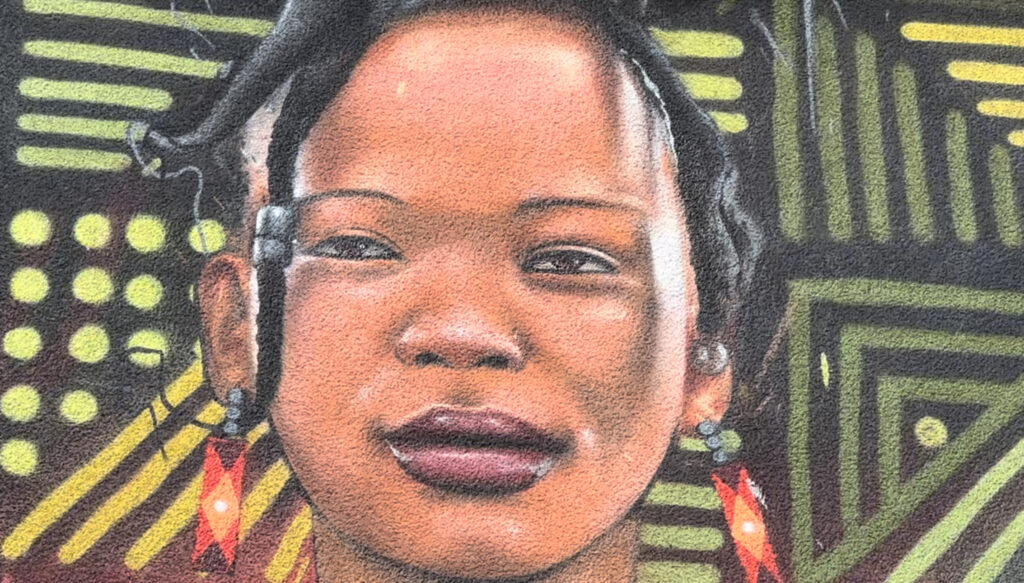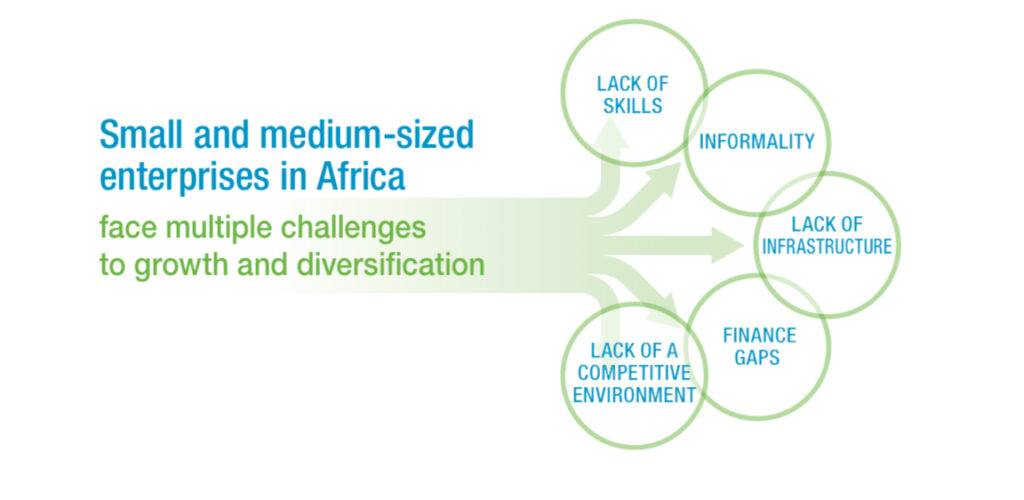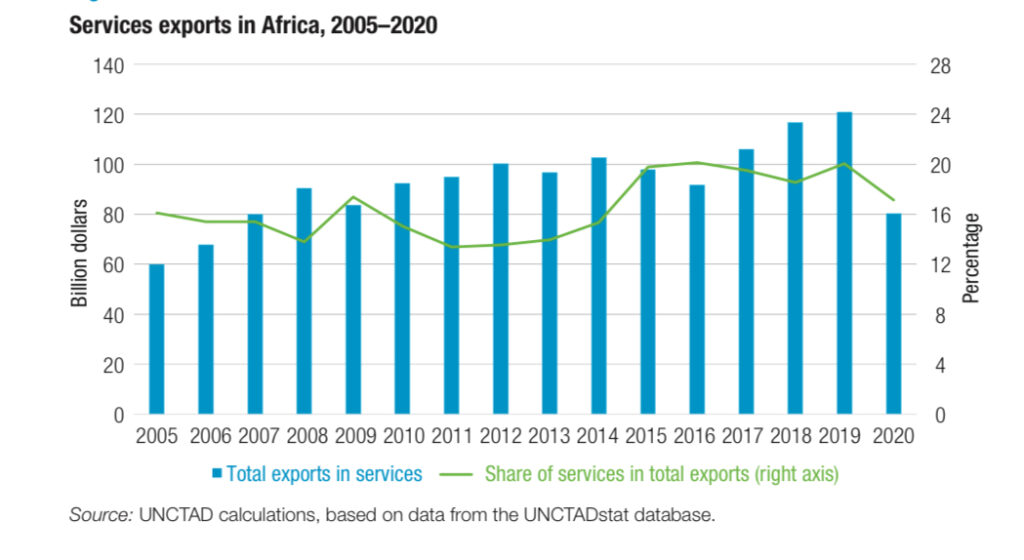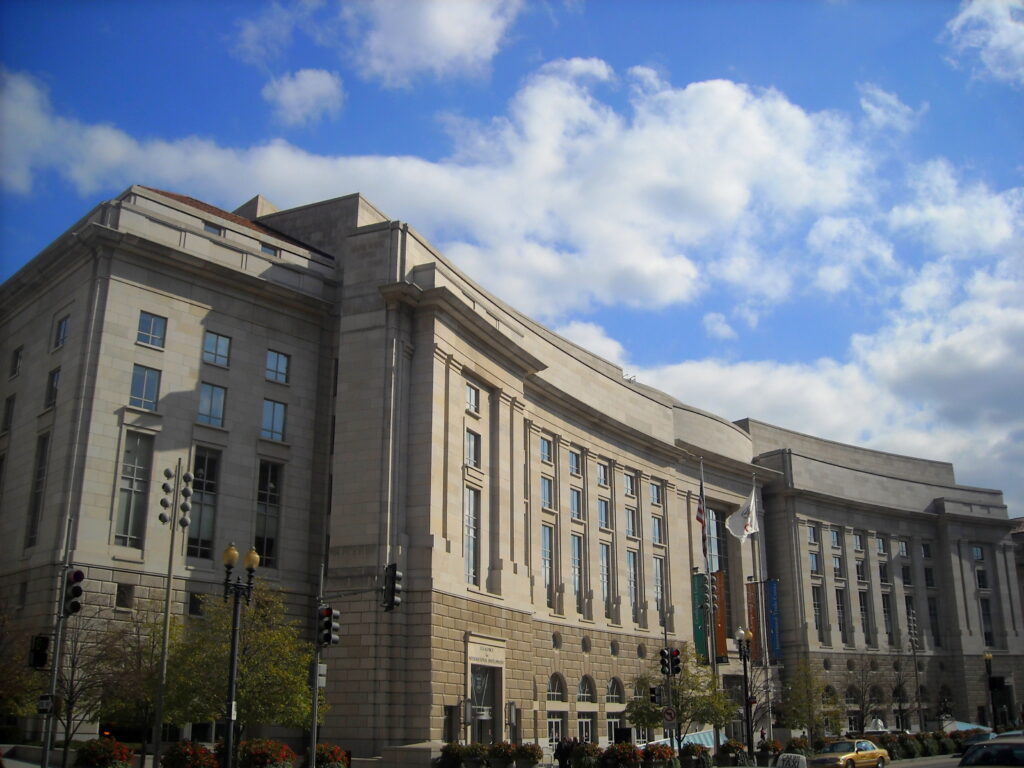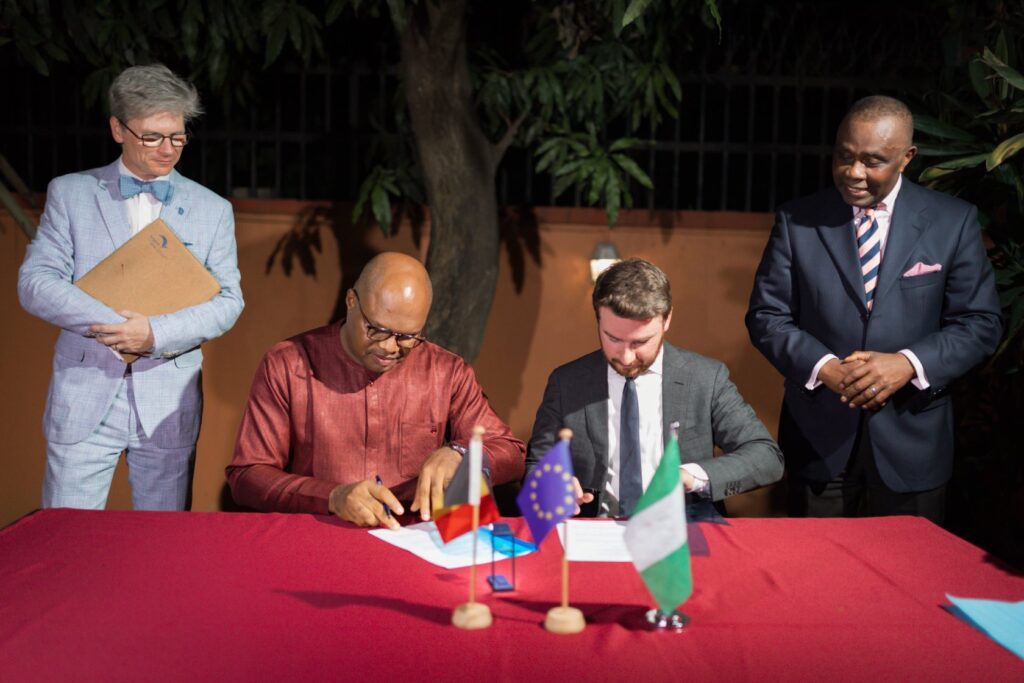Nigerians who have been crying out over harsh times and excruciatingly high cost of living have recently been told that theirs is no crocodile tears. At least its recent classification as “vulnerable” in the Africa Country Instability Risk Index (ACIRI) indicates so. Nigeria ranked 45 out of the 48 African economies evaluated, unlike in 2023 when it ranked 39 and was marked “stable / warning”. The poor classification reflects a polygamous marriage of economic, security, and governance challenges in Nigeria.
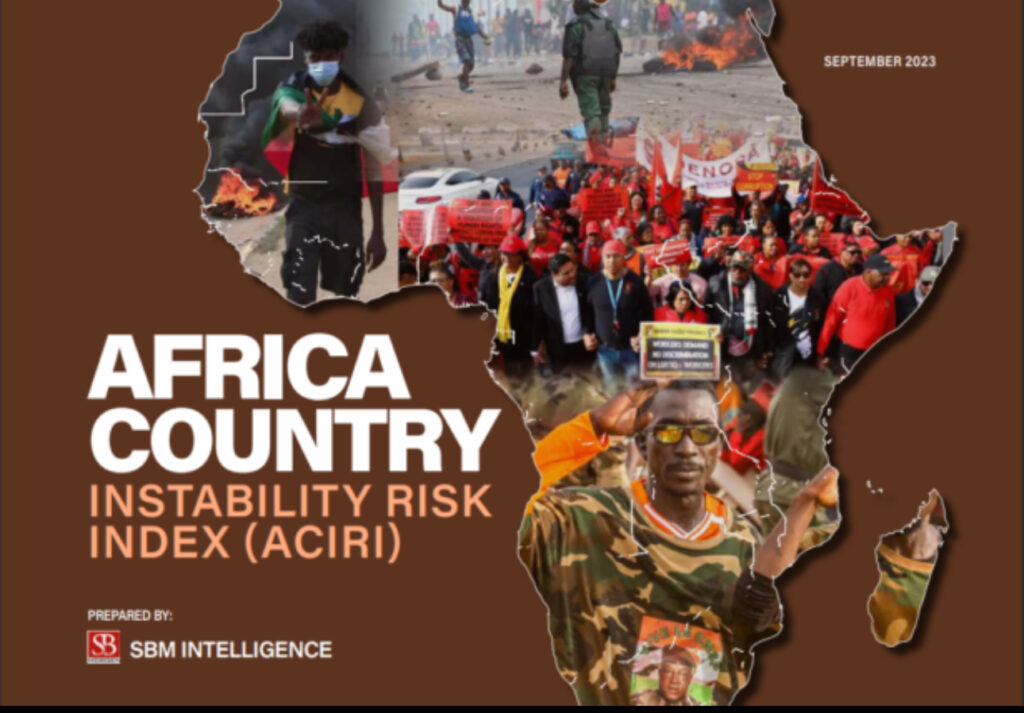
Nigerians have become familiar with persuasions from their Government that their sufferings are inevitable. They are suffering because of the beautiful policies of government which aims at long term prosperity. In other words, Nigerians have got to accept that things will get worse before they get better. The kitchen table reality is that a 50 kg of rice bought at NGN30,000 last year, now costs NGN100,000. In the days after this poor showing of Nigeria in the index, citizens will expect media spokespersons of government to hit the airwaves with further reasons for them to hang in there and wait for the better days that will come.
The truth of the matter is that many will not live to see the promised prosperity as hunger and disease will send them to early grave. So, the vulnerable status that Nigeria currently enjoys speaks directly to these weak citizens. I hear you ask how Nigeria got to this vulnerable status in the first place. I can hazard a few guesses.
Key among the factors is Currency Depreciation and Inflation. The significant devaluation of the Nigerian Naira has led to soaring inflation, eroding purchasing power and exacerbating poverty levels. As long as the neck of inflation is not broken in Nigeria and exchange rate remains volatile, the country will remain the party ground for extreme poverty.
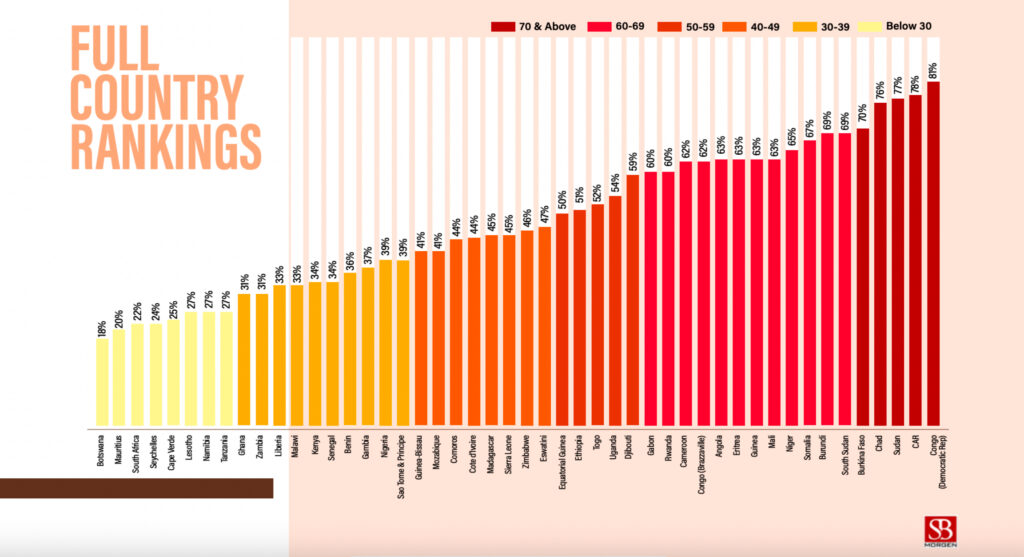
Analysts who had faith in the Economic Policy Reforms of President Bola Tinubu, such as ending fuel subsidies and unifying exchange rates, argued then that they aimed at stabilising the economy. I just wonder if they now believe that the resultant effect of immediate hardships for many Nigerians, is a walk in the park? Will they advise that Government stays the course?
To address Nigeria’s downgraded status in the Africa Country Instability Risk Index (ACIRI), the government must adopt a holistic approach targeting economic stability, security enhancement, and governance reform. Lessons could be learned from the Rwandan and Colombian models. These are two out of several countries that have successfully addressed state vulnerabilities through targeted reforms and strategic governance. The two notable examples that may provide useful case study for Nigeria.
Following the 1994 genocide, Rwanda faced severe vulnerabilities, including political instability, ethnic tensions, and economic collapse.
To address Political Stability and Governance, Rwanda implemented inclusive governance structures while promoting national unity through policies like Ndi Umunyarwanda (I am Rwandan). The development of similar national ethos is an imperative of this era in Nigeria’s development trajectory. I recently read a former media aide to President Bola Tinubu describe his efforts in this regard which never saw the light of day before his resignation perhaps out of frustration.
The Economic Transformation of Rwanda saw government prioritise diversification, investing in sectors like ICT, agriculture, and tourism. Nigeria needs to step up investment in non-oil sector and genuinely give teeth to economic diplomacy. The obvious question is how the country wants to be intentional about this when their diplomatic missions across the world have been literally headless, with no substantive Ambassadors over the past year?
The development of Anti-Corruption measures served Rwanda well in the way it developed a zero-tolerance approach to corruption and improving institutional efficiency. Nigeria’s Economic & Financial Crimes Commission started well but appears to have derailed. If they retrace their steps, Nigeria will be the better for it.
That Rwanda which still grapples with the label of autocracy by critics, is now considered one of Africa’s most stable and fastest-growing economies, with significant progress in governance and human development, attests to the fact that with consistency in good policy formulation and implementation, the fortune of a country can change for the better.
Colombia on the other hand endured decades of violence from drug cartels and armed insurgencies, particularly the Revolutionary Armed Forces of Colombia (RAFC) resulting in vulnerabilities akin to Nigeria’s of today. The country worked on key strategies like security reforms, peace process, economic diversification, and social inclusion.
On Security Reforms, the government launched the “Democratic Security Policy,” which focused on increasing state presence in rural areas and strengthening military capabilities. Efforts at Sustainable Peace saw Columbia initiate negotiations with the FARC culminating in a peace agreement in 2016, ending a 50-year conflict. Sometimes we hear rumours of Nigerian government going into negotiations with Boko Haram and other insurgency groups. Colombian example tells us that it has been done and successfully elsewhere. If Nigeria could end the debate and implement the State Policing structure, this might help achieve the sort of success that Columbia recorded in stabilising and securing the rural areas, thereby helping to enhance the exploitation of local endowments in agriculture, solid minerals, and tourism for economic regeneration.
The Economic Diversification that Columbia embarked upon was consistent. Their policies targeted reducing reliance on oil exports by promoting industries like coffee, tourism, and technology. Nigeria’s diversification efforts appear in some cases to take a step forward and three steps backwards. This is partly due to high levels or perceptions of insecurity. Also linked to this is Columbia’s Social Inclusion strategies. It addressed poverty and inequality, particularly in previously neglected regions.
Colombia ultimately experienced improved security, economic growth, and increased foreign investment, although challenges like inequality and organised crime persist.
The lessons for Nigeria from Rwanda and Columbia is that both countries demonstrate the importance of addressing root causes of vulnerabilities, ensuring strong governance, and fostering inclusivity while maintaining a focus on security and economic transformation. These lessons could guide Nigeria in crafting its own strategies to overcome instability.
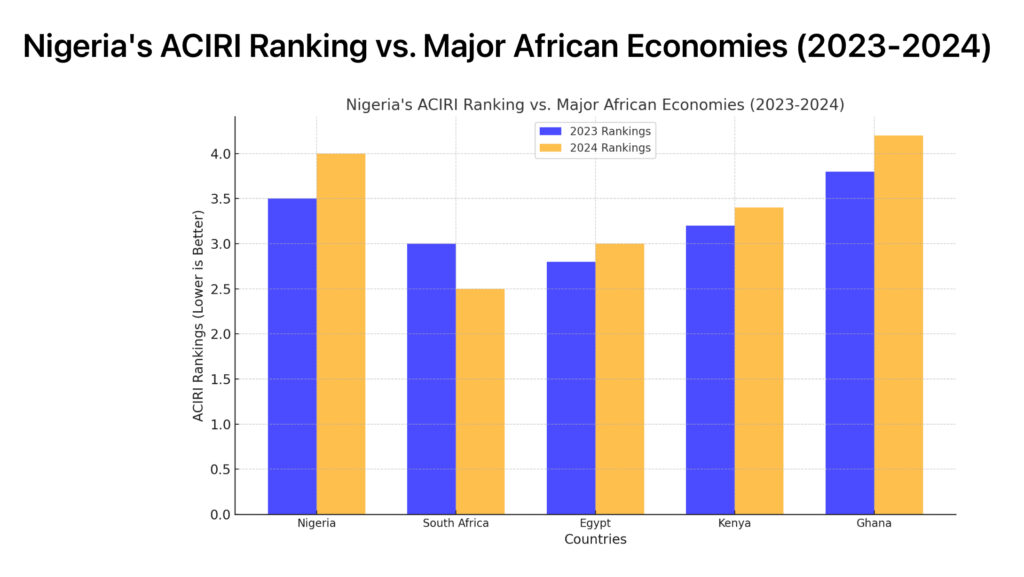
Nigeria can also leverage regional cooperation by working with ECOWAS and African Union partners to address transnational threats like terrorism and migration. With its 4D Renewed Foreign Policy doctrine, Nigeria could use economic diplomacy to create a stable policy environment to rebuild investor confidence and attract foreign capital. In the same vein Data-Driven Policies are needed to address Nigeria’s vulnerabilities by developing robust mechanisms to collect and analyse data for informed decision-making.
The intertwined factors that have collectively contributed to Nigeria’s downgraded status in the ACIRI, highlight the need for comprehensive strategies to address economic instability, enhance security, and improve governance to restore stability. The implementation of these strategies will tackle the root causes of Nigeria’s vulnerabilities and improve its standing in the ACIRI and other global indices.
The author, Collins Nweke is opinion-maker writer with The Brussels Times. A Fellow of both the Chartered Institute of Public Management of Nigeria and the Institute of Management Consultants, he serves on the Governing Board of the International Association of Research Scholars & Administrators, where he is also a Fellow. He features on several Afrocentric media as Global Affairs Analyst and writes from Brussels, Belgium.

